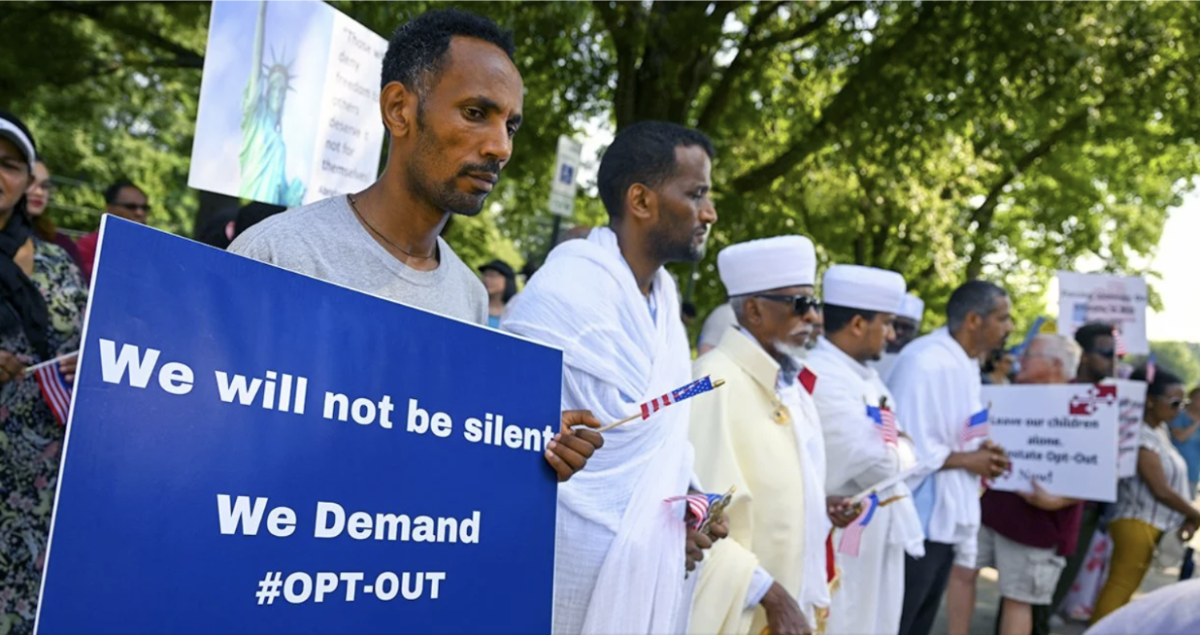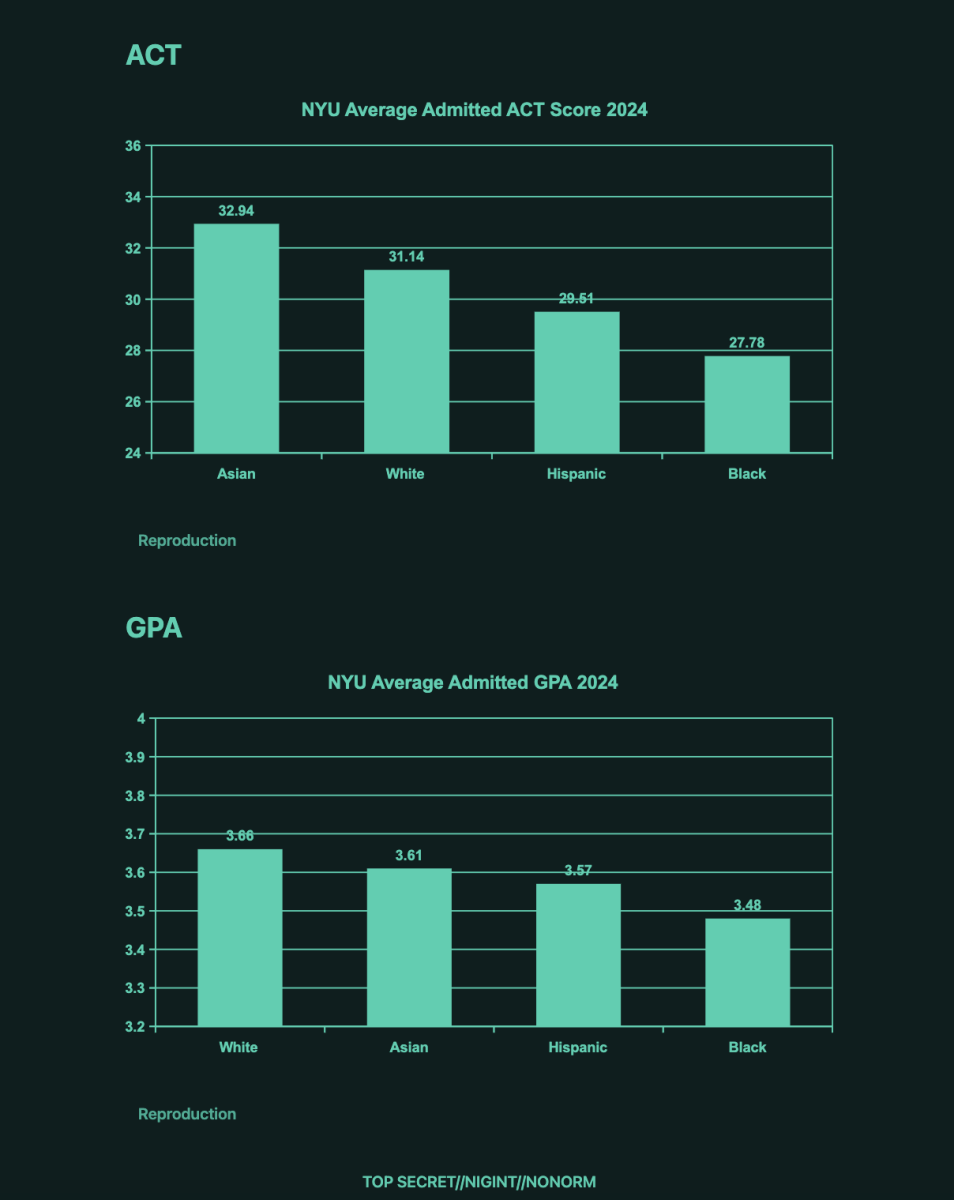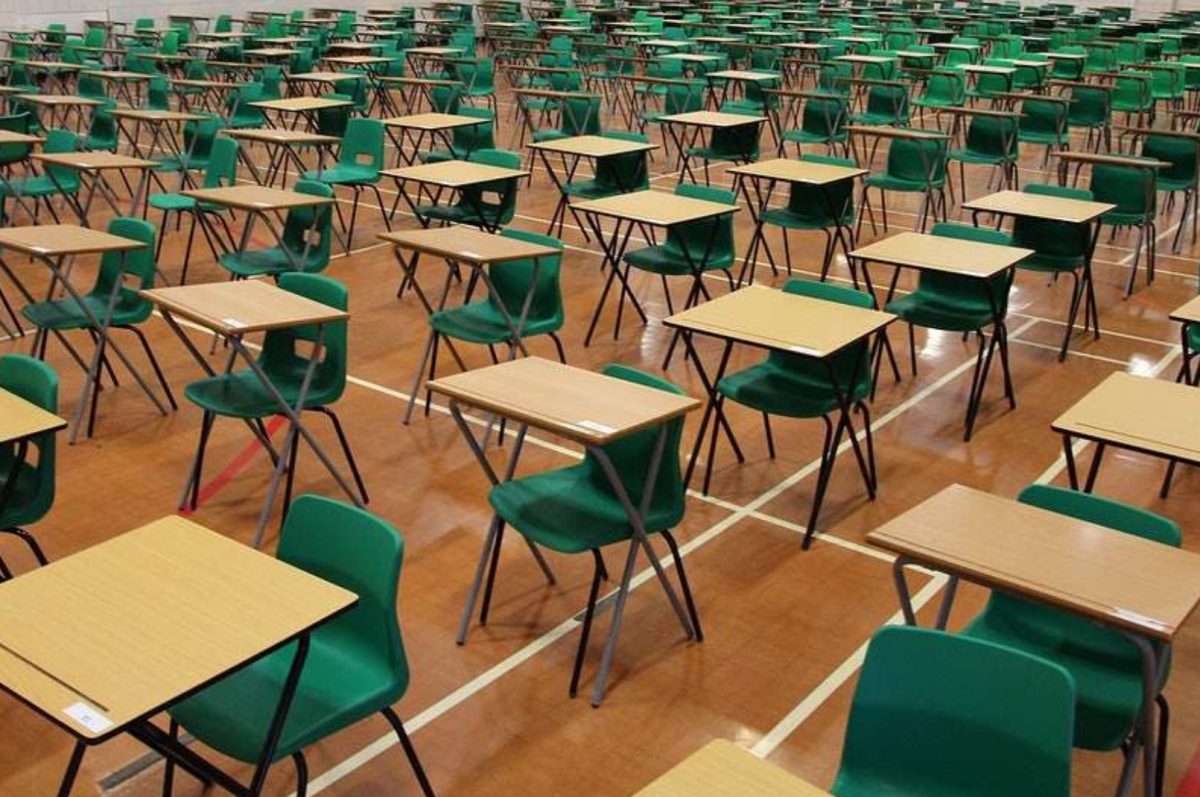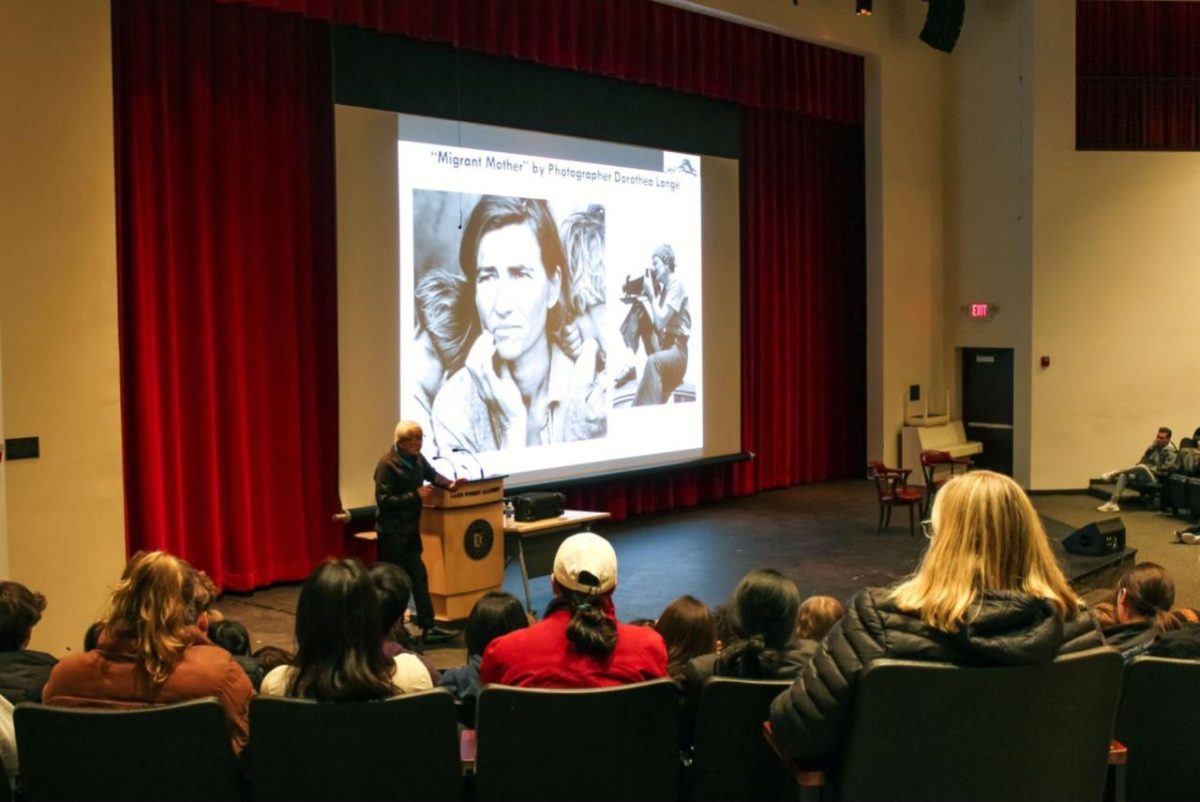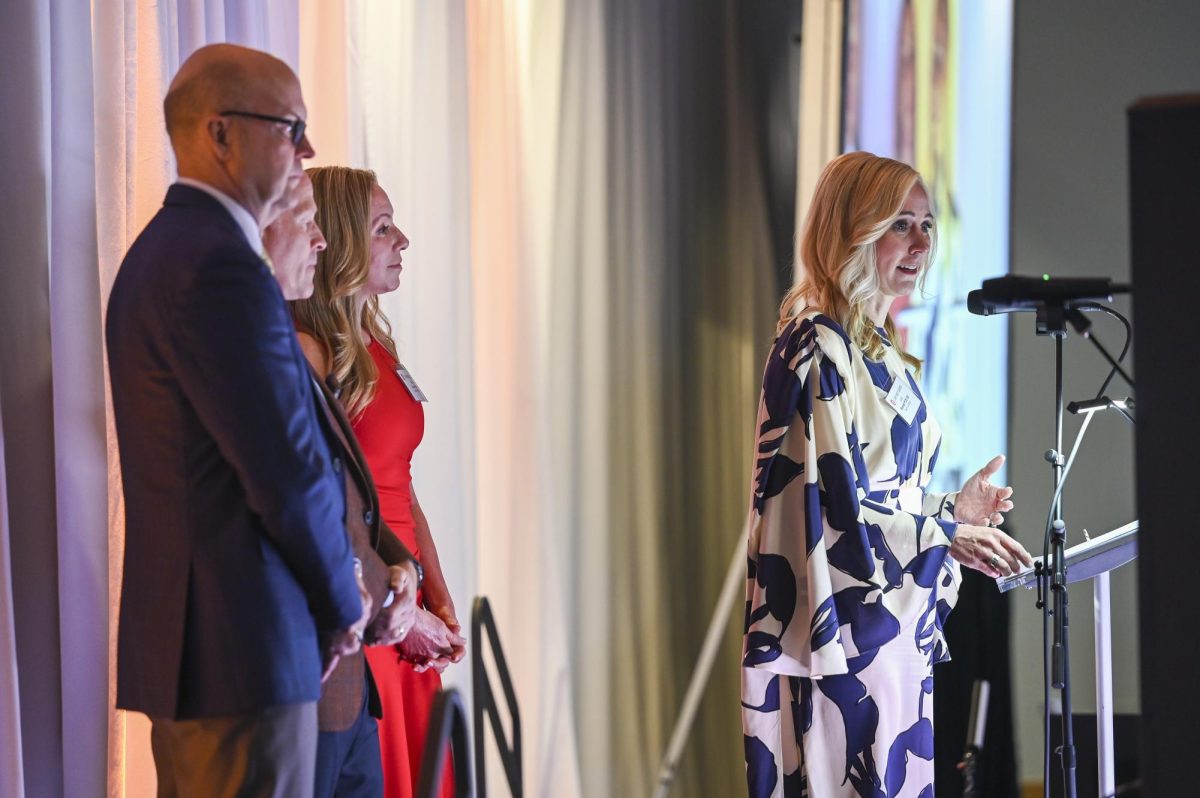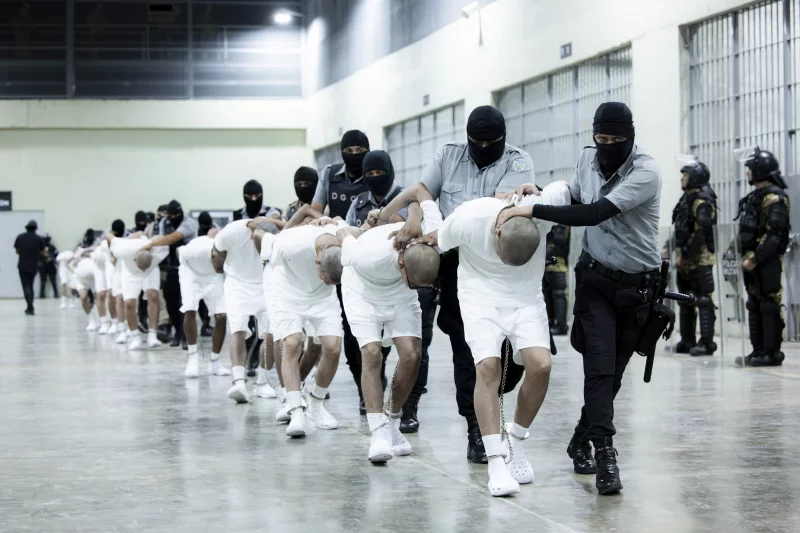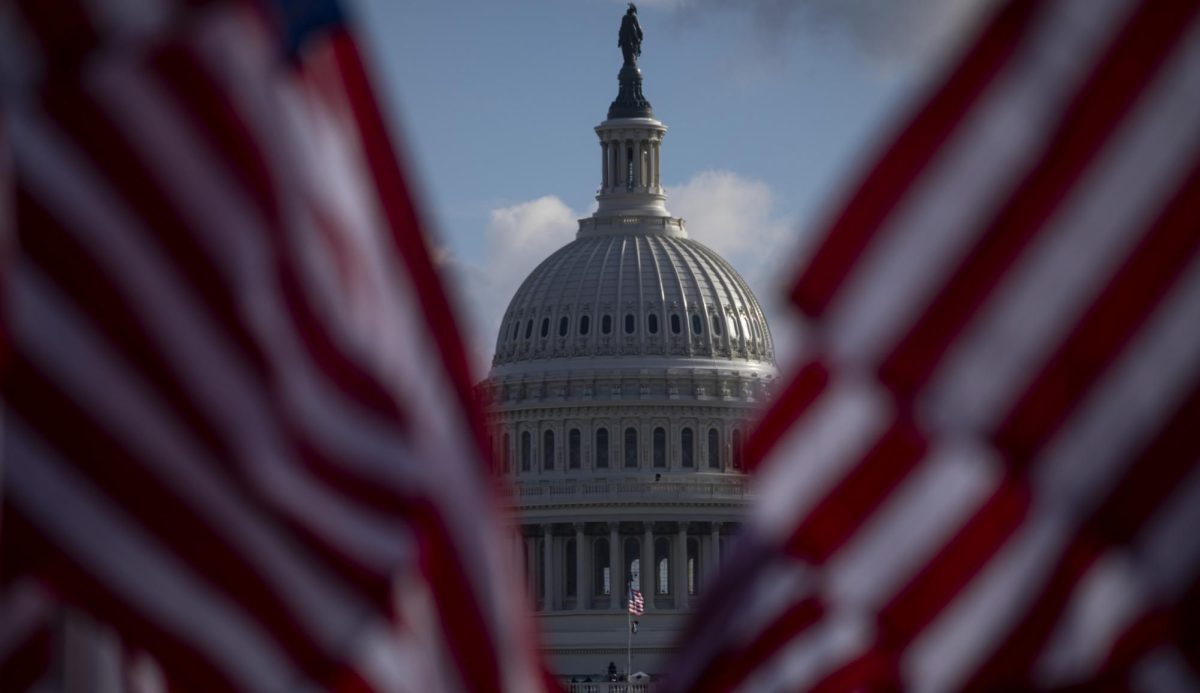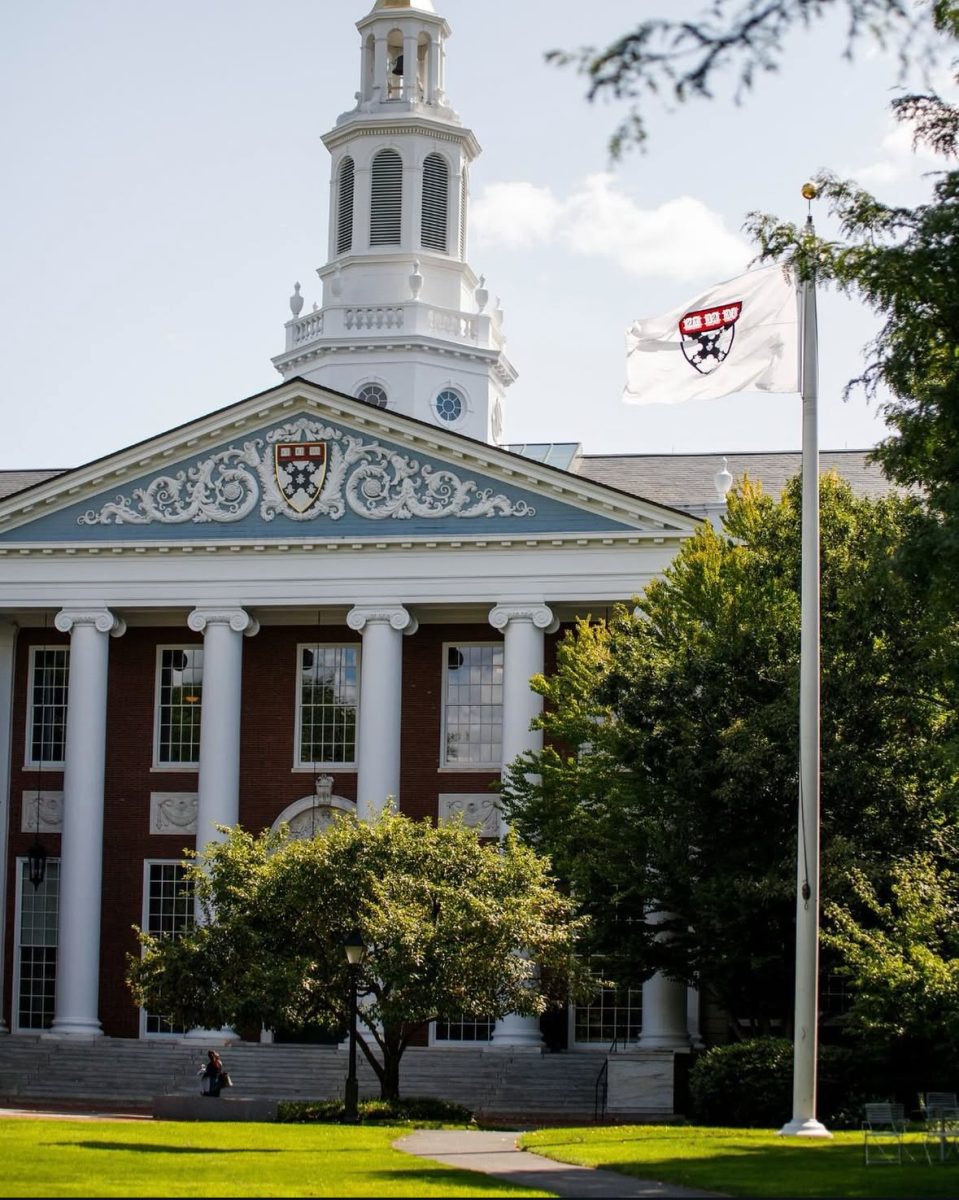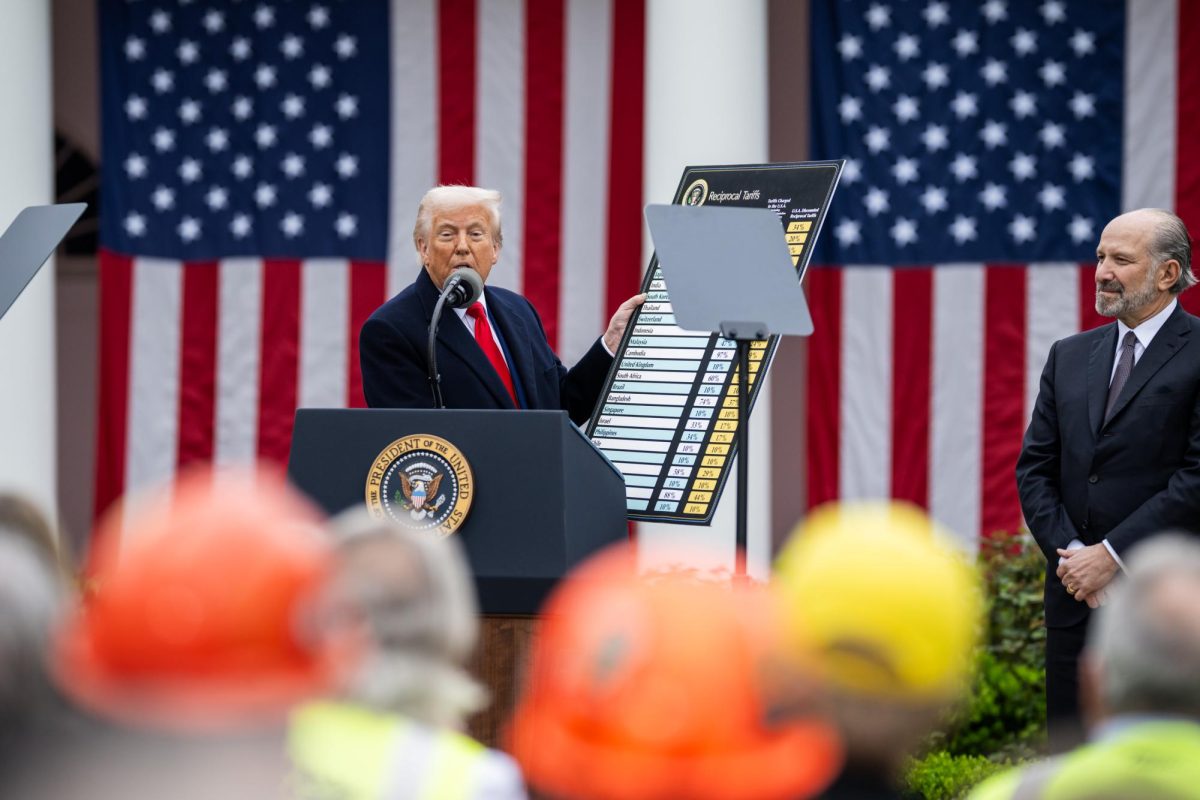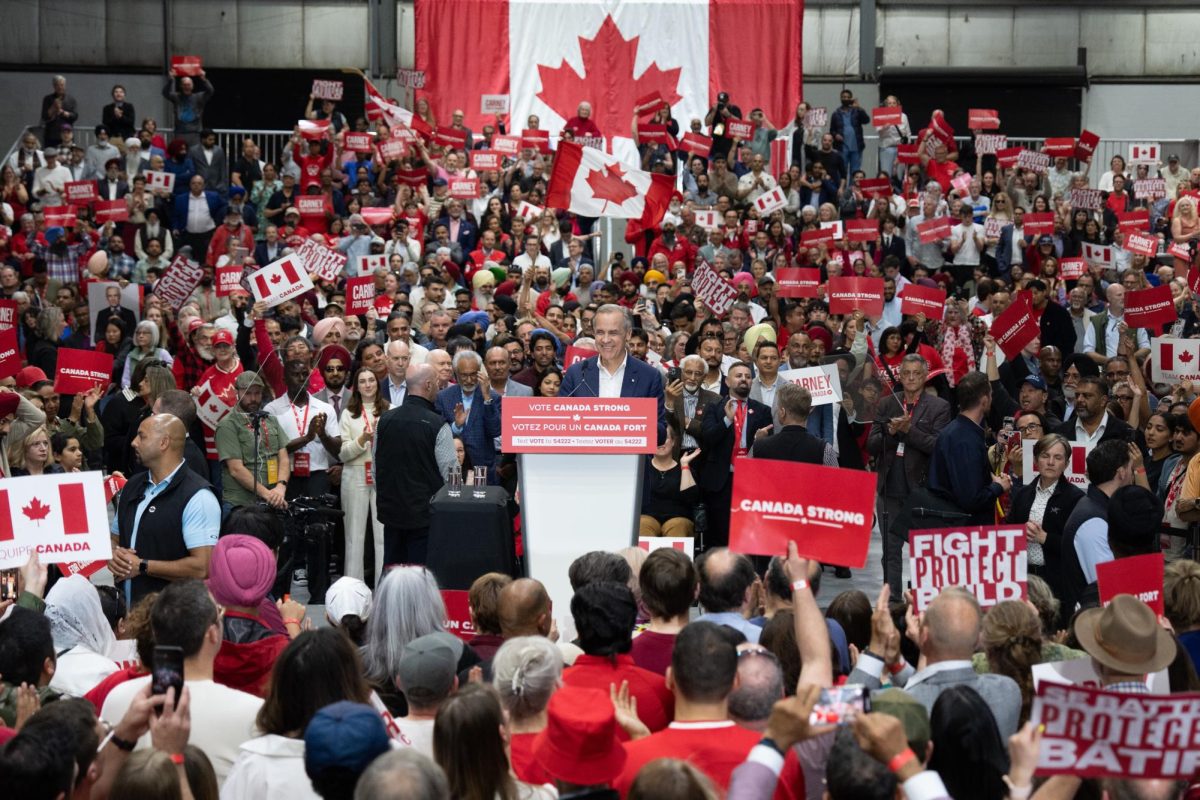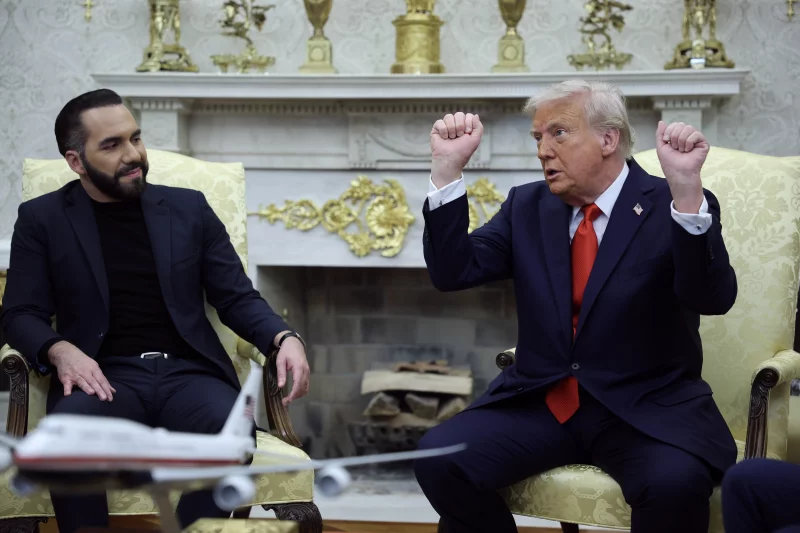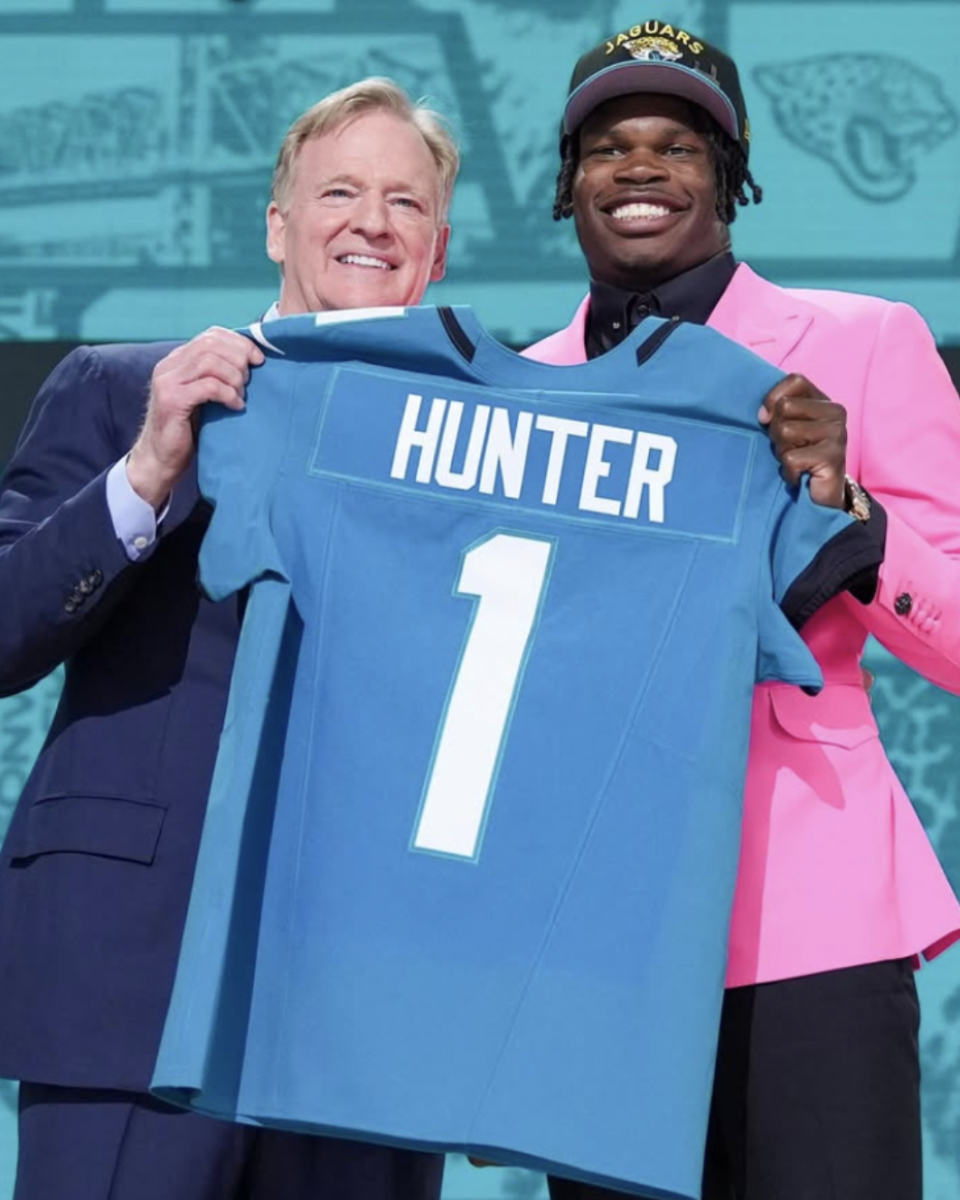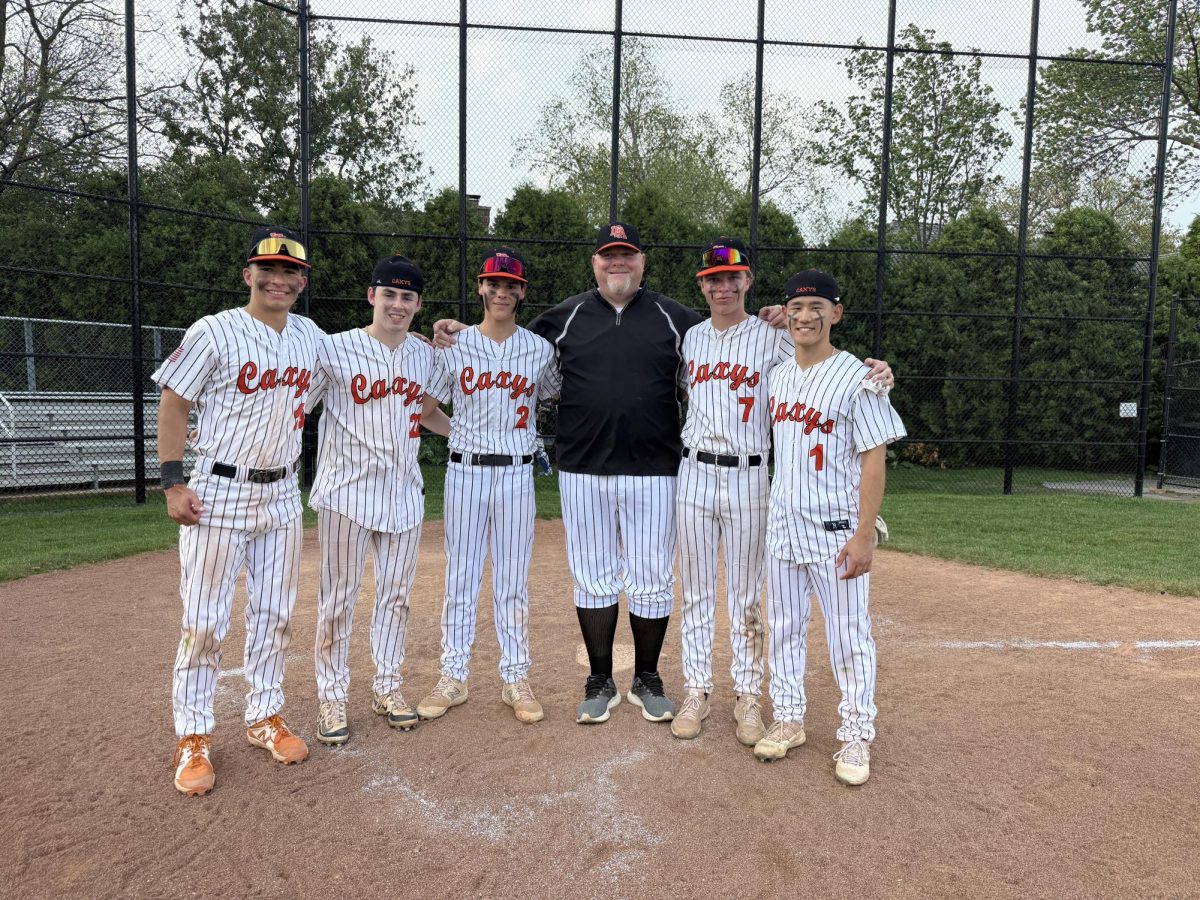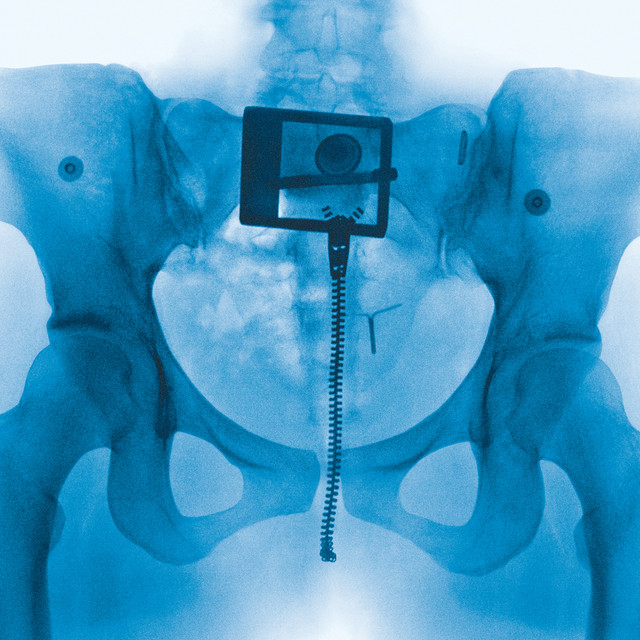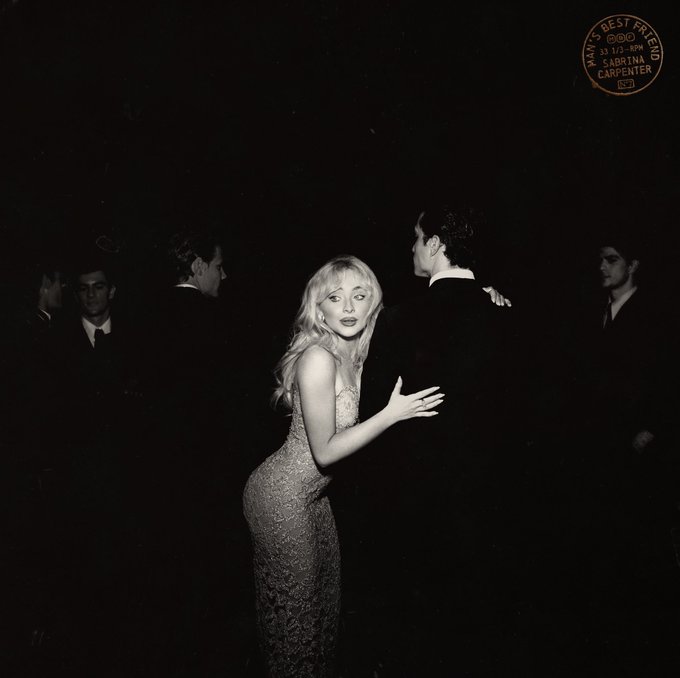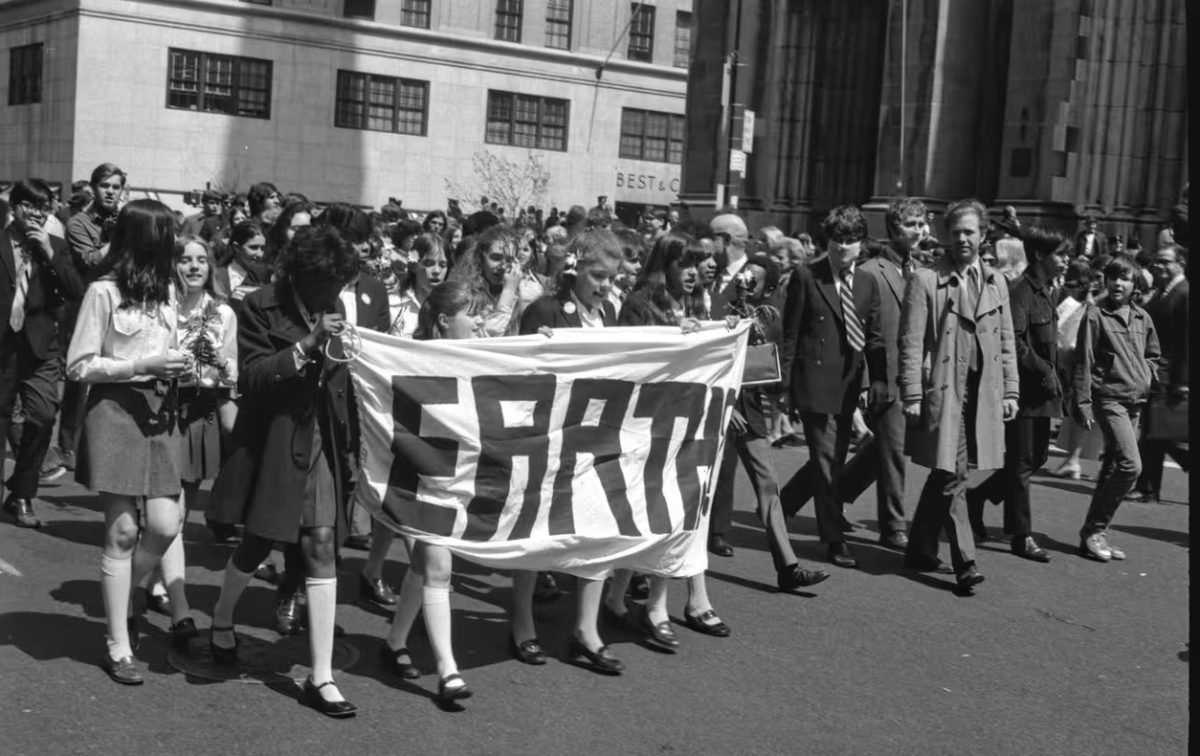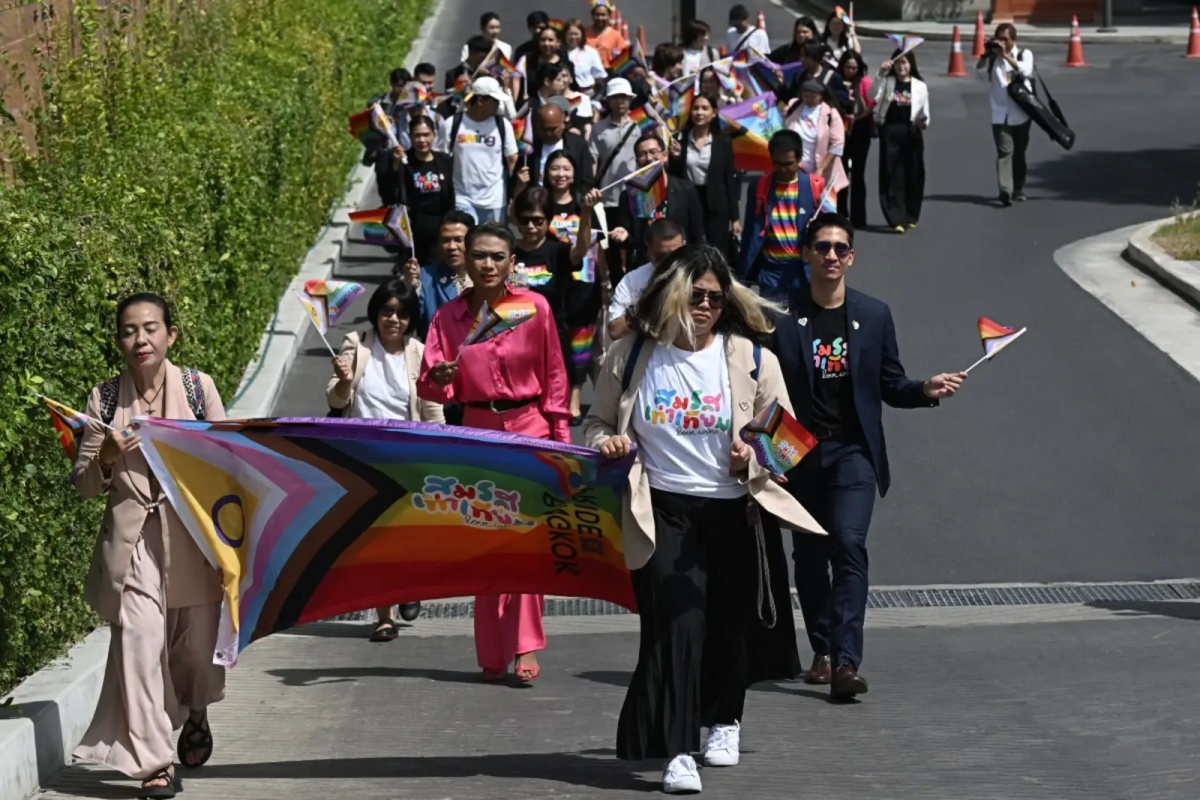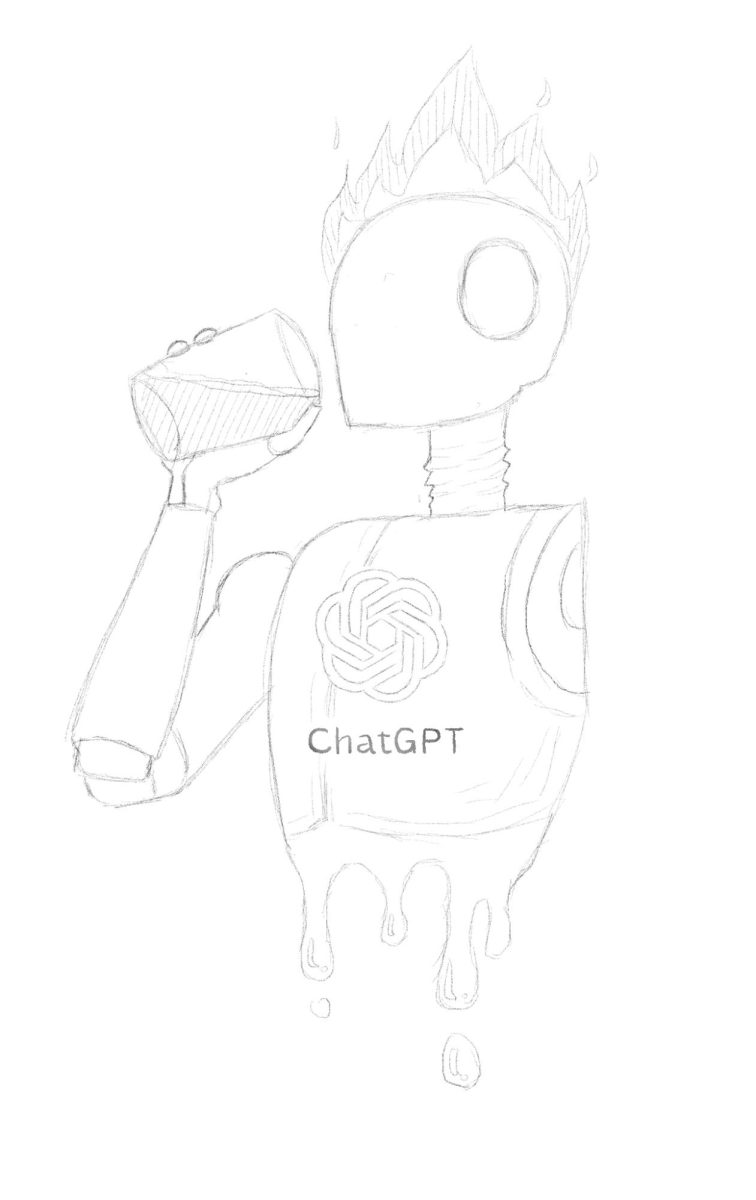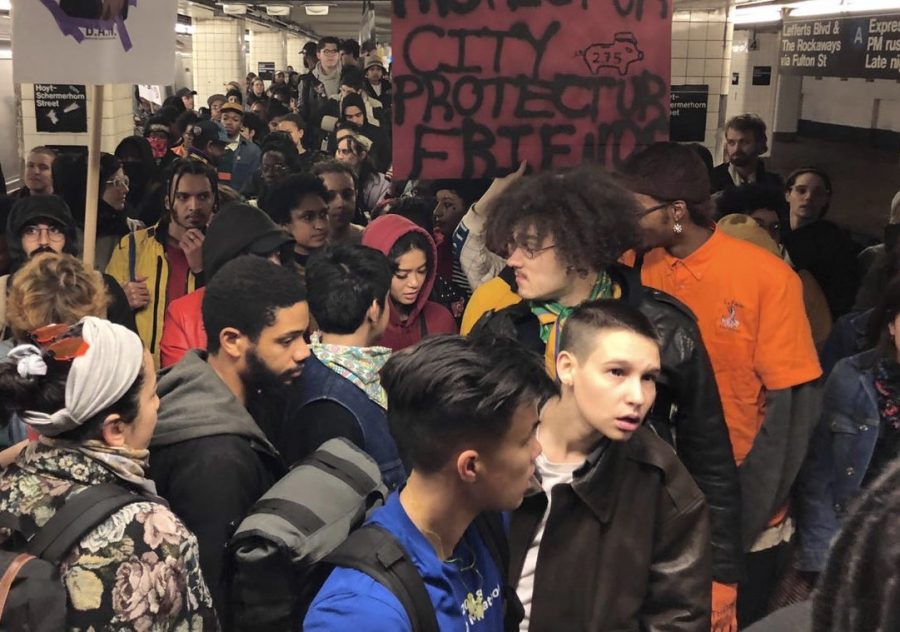NYC Protests: NYPD vs. Subway Riders
December 9, 2019
Protestors have taken to the subways in New York City in an attempt to protest increased police presence and other ways that the NYPD has been cracking down on people evading fares and jumping turnstiles in the New York City subway system. New York City, like many other large metropolitan areas, deals constantly with the issue of people not paying to ride the subway, an act that takes away money from the government-run MTA.
The majority of people agree that this action is wrong, but there is heavy criticism on how these laws are enforced and who they are disproportionately enforced against. People are taking issue with the fact that increased police presence, and the act of arresting someone itself, costs taxpayers a proportionately larger amount of money than has been lost due to the fare evaders.
Tensions have been further raised with people posting videos onto social media platforms, especially Twitter, of law enforcement practicing excessive force and the violent confrontations that have been occurring when the police attempt to arrest fare evaders.
There are also reports that the arrests target minorities and people of color who account for over 50% of the arrests for fare evading. This pattern of events has led to protests involving large groups of people jumping turnstiles and people marching on the streets of New York in an attempt to get less police monitoring of turnstiles in the subway system.
The subways are an essential part of life in New York City, with people relying on them for transportation to their jobs, on the way to school, or just in everyday life that make access to the subway a vital part of the lives of many New Yorkers.
When asked about how the strikes affected his previous school during his time at Packer Collegiate Institute, Head of School Mr. De Jesus said, “Something like fifteen train lines were within half a mile of the school. So, it was an absolute utter life-line of my previous school.”
The New York City government provides many forms of free passes for students and other people who rely on the subways but these passes have limits, with student passes not working on weekends This, along with general poverty and increases in prices, leads to people feeling the need to evade fares and to attempt to illegally ride for free.
In a time when students at LFA are learning more about poverty through the Head of School Symposium (HOSS) this situation gives a look into how governments deal with increases in crimes related to poverty.
When asked about its connection to the HOSS Mr. De Jesus said, “This issue, like many issues regarding income inequality or poverty, are really complicated and multifaceted issues that require attention. It is not just what meets the eye…Sure people should not be evading fares, but the question becomes why are people evading fares? What’s going on that people feel like they are going to take a risk like that?”
The situation of subway fare evasion in New York City is representative of many situations across the globe where people in poverty are forced to make difficult, sometimes illegal, decisions, and the ways, both positive and negative, that governments find themselves trying to solve these issues.
The New York City government provides many forms of free passes for students and other people who rely on the subways but these passes have limits, with student passes not working on weekends. This, along with general poverty and increases in prices, leads to people feeling the need to evade fares and to attempt to illegally ride for free.
In a time when students at LFA are learning more about poverty through the Head of School Symposium (HOSS) this situation gives a look into how governments deal with increases in crimes related to poverty.
When asked about its connection to the HOSS Mr. De Jesus said, “This issue, like many issues regarding income inequality or poverty, are really complicated and multifaceted issues that require attention. It is not just what meets the eye…Sure people should not be evading fares, but the question becomes why are people evading fares? What’s going on that people feel like they are going to take a risk like that?”
The situation of subway fare evasion in New York City is representative of many situations across the globe where people in poverty are forced to make difficult, sometimes illegal, decisions, and the ways, both positive and negative, that governments find themselves trying to solve these issues.


